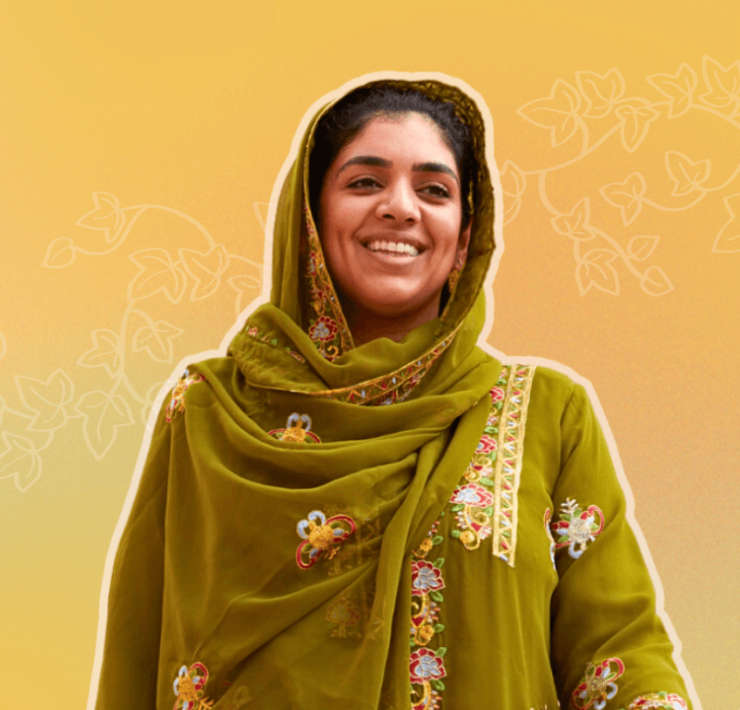The spoils of war. That is what many Yazidi women and girls have become as a result of the so-called Islamic State’s bloody and merciless rampage through Iraqi Kurdistan. Enslaved by the militants, girls as young as 13 are forced into marriage and subjected to violent physical, psychological and sexual abuse on a daily basis. They are then sold like animals at markets, only to endure the same at the hands of other men.
Yazidis flee persecution by ISIS in Sinjar, Northern Iraq (image: Business Insider)
Their torture is seemingly endless. But one woman is working tirelessly to return these girls to their families. Nareen Shammo resigned from her job as an investigative journalist when she learned of ISIS’s torture and ethnic cleansing of Yazidis. The Yazidis are a religious minority found mainly in Northern Iraq. They have been ruthlessly targeted by ISIS, which denounces them as unbelievers and heretics.
A Yazidi herself, Shammo has since dedicated her life to tracking down the missing girls and liberating them from the abusive clutches of the Islamic State. She has secured funding to buy back many young women and girls, returning them safely, but scarred, to their families. While some may see this as a controversial process – putting money in the hands of the militants – for Shammo, securing their release through any means necessary is an unquestionable obligation.
The BBC documented her efforts in “Slaves of the Caliphate”, in which Shammo talks with Yazidi girls who have escaped about their experiences in captivity. It also follows her efforts to secure the money needed to buy back some of the girls and return them to what remains of their communities. These girls have become the most valuable sources of information in her struggle to locate and free others.
The documentary shows Nareen interviewing a pregnant young mother called Hamshe. She describes how the militants separated the women from the men – including her husband and his family – shooting them in front of their female relatives. Each militant then took a Yazidi girl for his own, many of whom were forced into marriage. Hamshe recounts the abuse she suffered with a vacant expression, while her two-year-old baby tugs at her shayla. She even describes how Yazidi girls were forced to donate blood to treat wounded ISIS fighters, a grotesque new level of exploitation unheard of even by Shammo.
Hamshe managed to escape, running with her child into the night for four hours before somebody found her and helped her return to her family. Others will not be so lucky. While hundreds of women and girls have either escaped, been bought, or been freed since the summer of 2014, an estimated 2600 remain captive. After ‘Slaves of the Caliphate’ was aired, Shammo began to receive death threats from ISIS and its supporters. But this has not deterred her. “I will continue my mission until the situation changes,” she says. “The most important thing is to try and free these women.”
For more information on Nareen’s work, follow her on Twitter (@NareenShammo) and Instagram (@nareenshammo).







